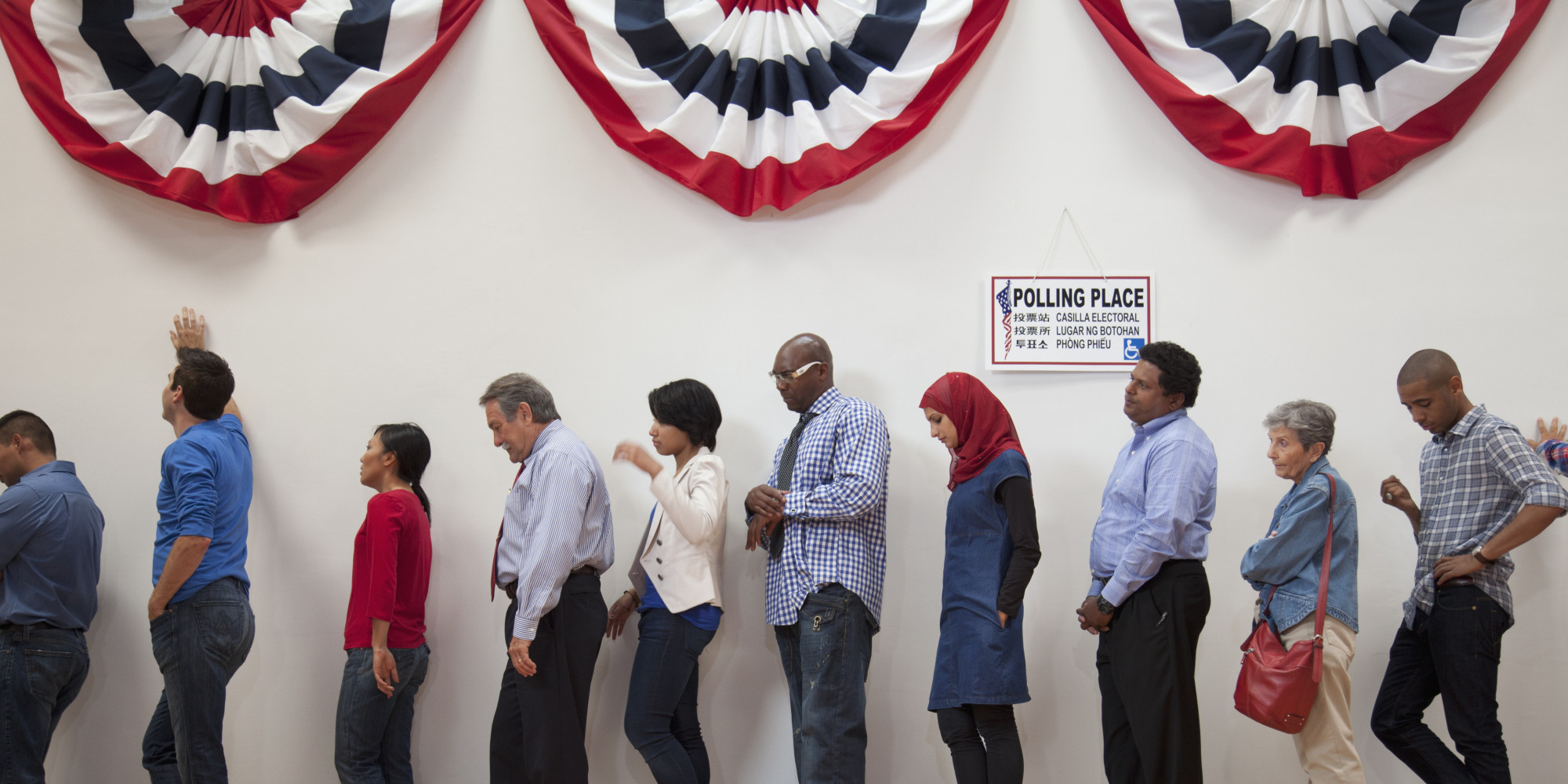Vote or Die
Your single vote can impact the presidency, your community and America’s future.
By Rebecca Friou, University of New Orleans
In ancient Greece, the word “idiot” referred to a person who was considered foolish because their disinterest with public affairs gave them a weak presence in their community. In other words, “idiot” meant “a person who does not vote.”
Again and again you hear the same exclamation—this generation’s first major election is arguably becoming one of the craziest in this country’s history. Whenever the presidential election rolls around, students across the nation are urged to participate—whether it be volunteering, campaigning or voting. The truth of the matter is that voting is a right, not a privilege. Unfortunately, the importance of each and every person’s ballot is undermined in the eyes of many Americans.
Prominent graphic designer, Milton Glaser, was hired to create a poster urging the American people to vote. In doing so, he acknowledged the largest issue with encouraging voter turnout. Glaser found that, “It’s not enough to say, ‘Go vote.’ You have to justify that. You have to tell people why they should vote.”
If so many citizens ignore their duty in determining the future of our country, what occurs with the absence of their votes?
Many peoples’ hesitation to vote stems from the idea that their vote doesn’t directly affect their life. Your vote this fall, or lack thereof, has a say in determining not only the president for the next 4-8 years, but also the federal judges whose decisions do affect the laws you have to abide by. Departments such as Education and Homeland Security are run by secretaries appointed by the president.
While these are all very influential choices, one of the most important is the president’s power to appoint Supreme Court judges. Whoever is elected in November gets to appoint a judge to any vacancy in the Supreme Court for a life term which will determine the decisions that become federal law, indefinitely. Also on the ballot will be statewide measures determining laws on taxes, women’s rights, immigration, healthcare, gun safety, LGBTQ+ rights, marijuana laws, education, minimum wage and other various matters that will directly affect your life and the lives of everyone around you.
Another point to consider is that disliking both the Democratic and Republican nominees should not be a reason to discount the incredible opportunity you have to shape our country. Of course, there are all of the aforementioned reasons to vote, but there are always solutions for not liking either party’s candidate. You could vote for the “lesser of two evils” in your mind or choose a third party candidate to support what more accurately represents your ideals. For the sake of clarity, here is a word of warning:
A third party vote is often a vote that ends up counting against your party, letting the “other guy” win.
Registration has been made fairly accessible. You can do it online through a simple Google search, with the people campaigning on your college campus or old-school by registering in person at your city hall. Requirements for voter registration vary state by state, but unless you fall within certain circumstances, you should be eligible if you are 18 and are a U.S. citizen.
So why are people not exercising their right to vote? “The Washington Post” recorded an inquisitive poll of Americans who chose not to cast their ballot in the 2014 midterm elections. While some people are physically unable to make it to the polls or are legally restricted from voting, the most common reasons cited included being “too busy” to vote, not wanting to choose one candidate and indifference to politics, among many others. Whatever your reasoning is for not wanting to vote this election cycle, it is so important to realize the impact of your single vote. It can sway an entire election, as seen in the 2000 race between Bush and Gore.
The upcoming election isn’t just about who’s going to occupy the White House come January. This election, as all others, is just as important for electing your state’s senators and representatives who make up our Congress and directly affect our communities. The President’s actions can alter the relationships America has with other very powerful nations and the relationships that the citizens of the country have with each other. Voting is your chance to directly make an impact on the future of your country.

















